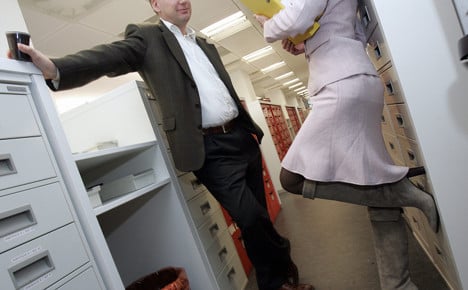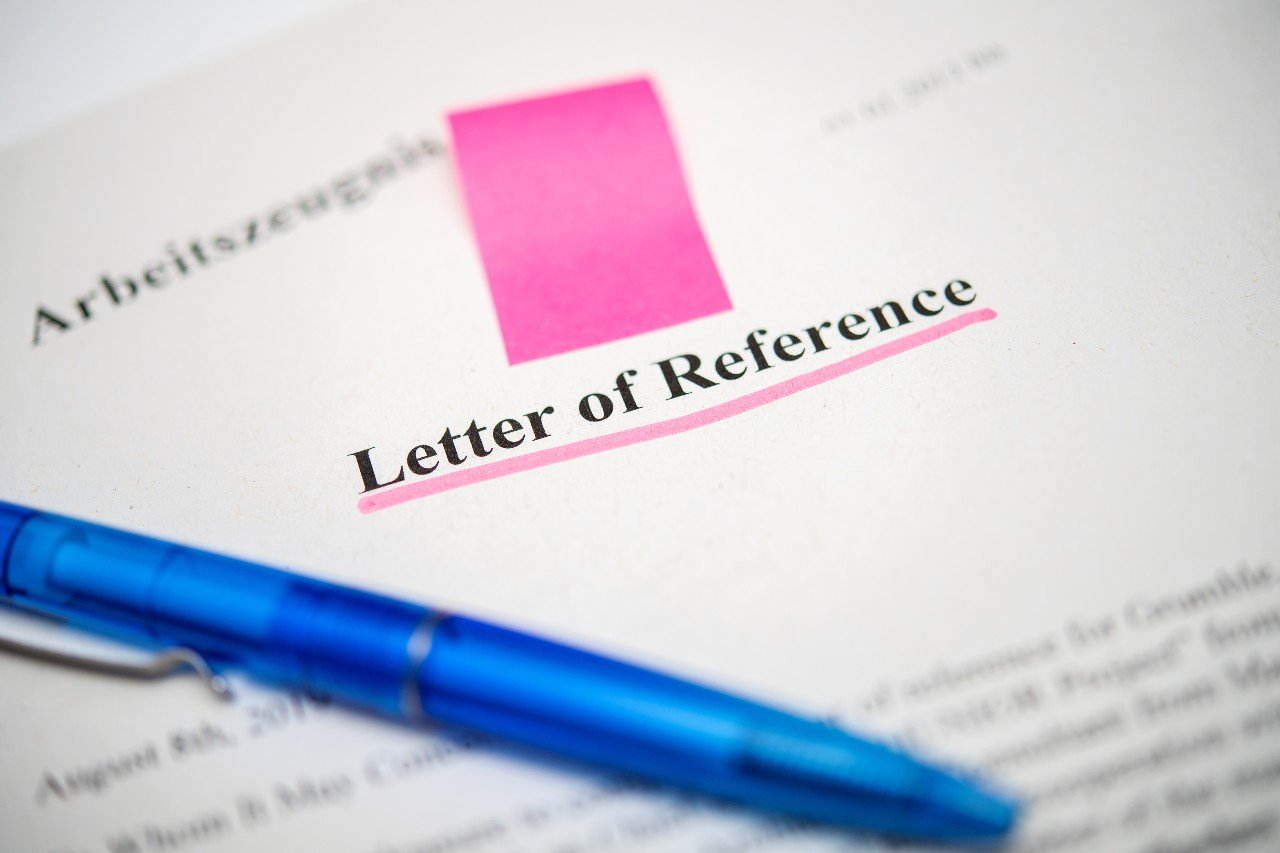Sex on the job was most popular among 18-29s, the study by pollsters Forsa said. One in five said they had already had a dalliance with a workmate. A further thirty percent said they hadn’t yet, but would not rule it out.
Overall, 14 percent of respondents said they had got down and dirty at their desks. Twenty two percent said although they hadn’t, they probably would, Berlin’s Der Tagesspiegel newspaper reported.
After the insatiable under-30s, managers were the next most likely to indulge, with one in ten admitting to already having done the deed on work premises.
Companies might want to reconsider where they throw work parties, as 39 percent of liaisons took place at Christmas or summer festivities. Only a tenth of those who said they had had sex at work confessed to doing it during lunch or at the end of working late.
Some morals have been retained though, as just 10 percent said they would consider embarking on an affair with a more junior colleague.
Only five percent of employees said they would try to sleep their way up the ladder. This rose slightly among the under-30s with 13 percent admitting to considering it.
The Local/jcw





 Please whitelist us to continue reading.
Please whitelist us to continue reading.
Member comments